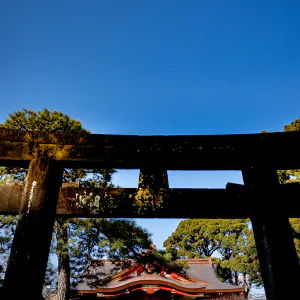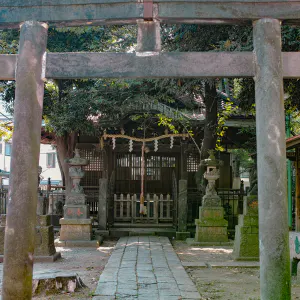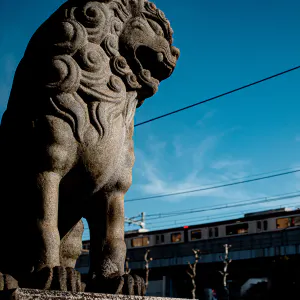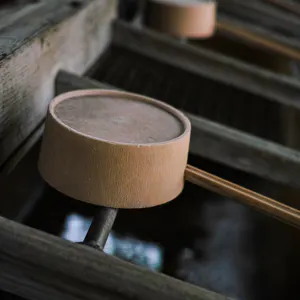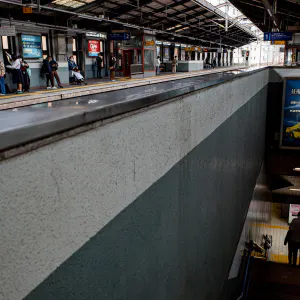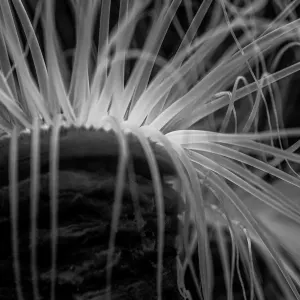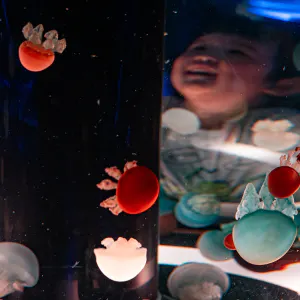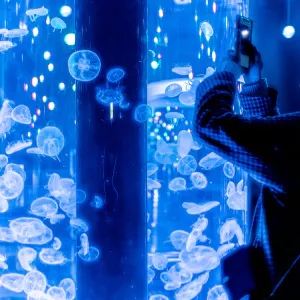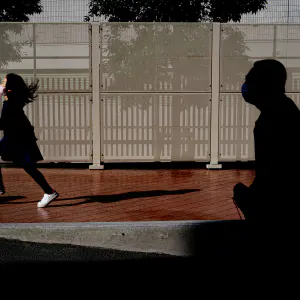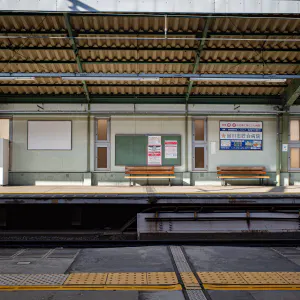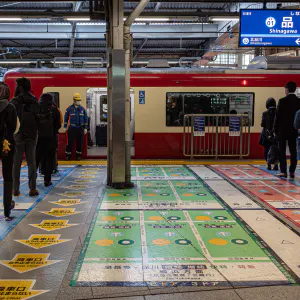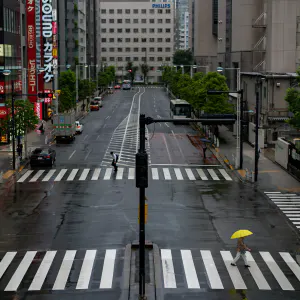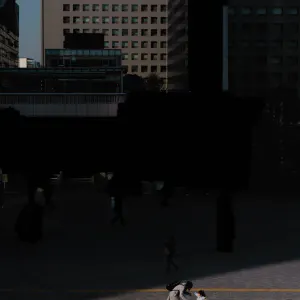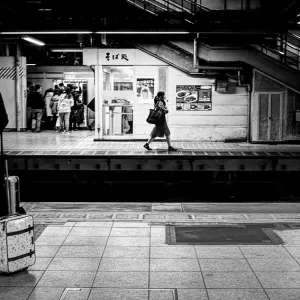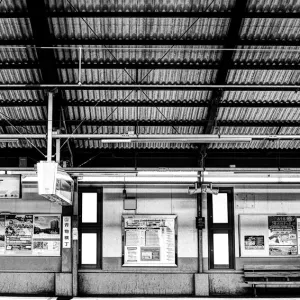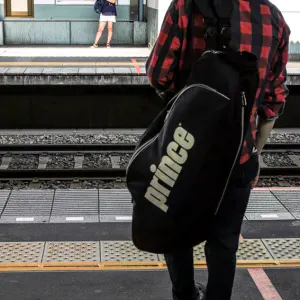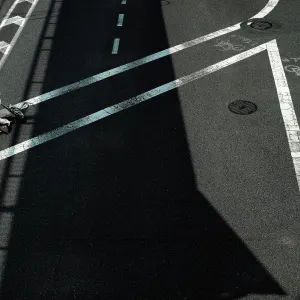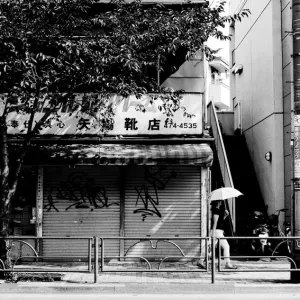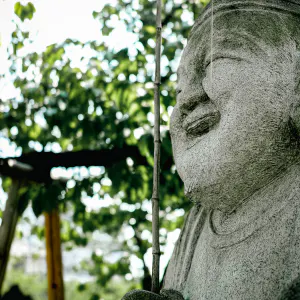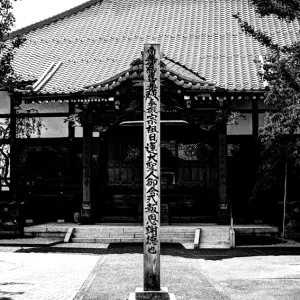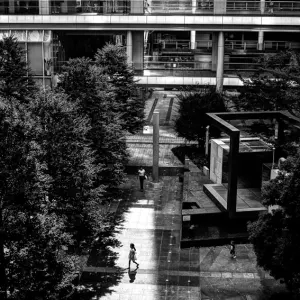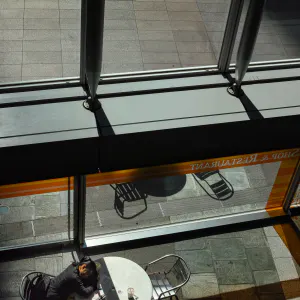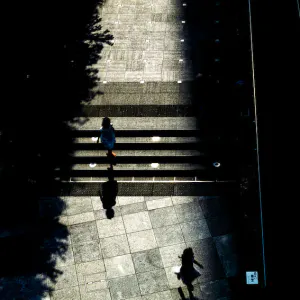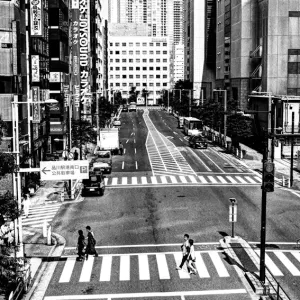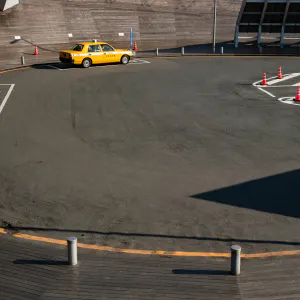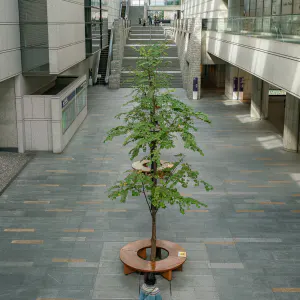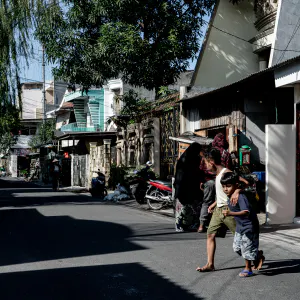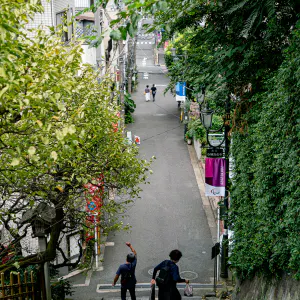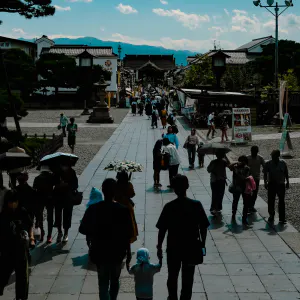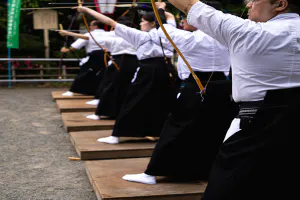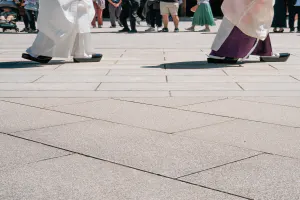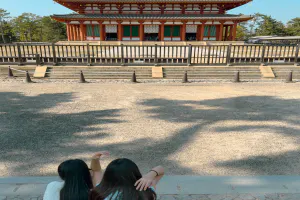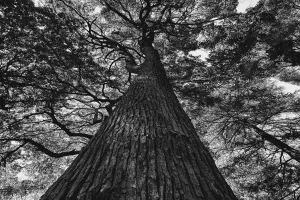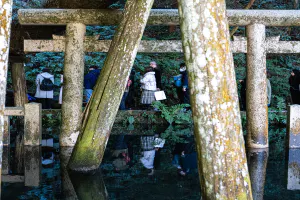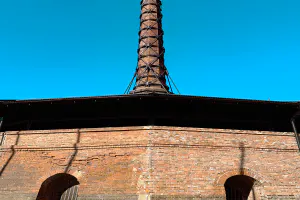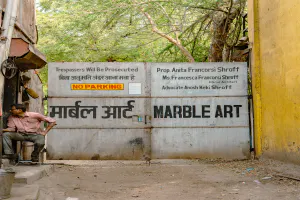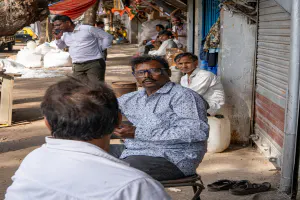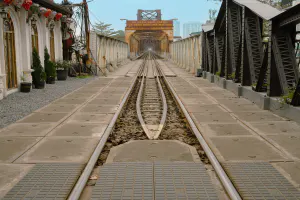The torii of Ebara Shrine, dedicated to the Taka-okami, stands along the Meguro River
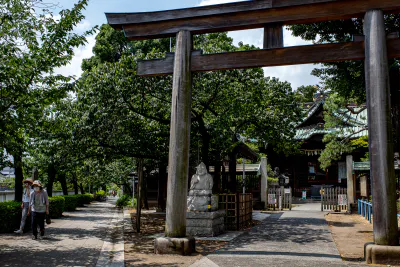
Passing through the shopping street that used to be Shinagawa-juku on the Tokaido Highway, I turned at the Meguro River and immediately saw a magnificent torii gate. This is Ebara Shrine. It is an unassuming shrine, but it was built in 709. In the Edo period (1603-1868), the shrine received a shogunate license.
There are no eye-catching buildings on the precincts, but what is interesting to me is the deity of the shrine. Among the deities enshrined are Toyoke Hime, Amaterasu, Susano, and Ame-no-Tajikarao, the god of Taka-okami is enshrined in the center. Although he is mentioned in Kojiki and Nihonshoki, and is also enshrined at Kifune Shrine in Kyoto, he is not a very prominent deity. He is not a major deity among the gods of Japanese mythology, but he plays the center role.
According to the Dictionary of the Japanese Language, "Taka" means mountain peaks and "Okami" means a serpentine deity in charge of water, and Taka-okami is a deity who is believed to pray for rain and stop rain. In layman's terms, he is the god of water. Since ancient times, there have been many instances where water, which is essential for the creation and survival of life, has been worshipped as an independent deity, and Taka-okami is one of them. However, even the god of water, who brings fertility, has been in the shadows for some time now. In this day and age, I can't help but feel that the gods that make love come true are more popular than the gods that promise fertility.
| May 2021 ARCHITECTURE TOKYO | |
| SHINAGAWA SHRINE TORII |
PHOTO DATA
No
11910
Shooting Date
Aug 2020
Posted On
May 18, 2021
Modified On
August 22, 2023
Place
Shinagawa, Tokyo
Genre
Architectural Photography
Camera
RICOH GR III
